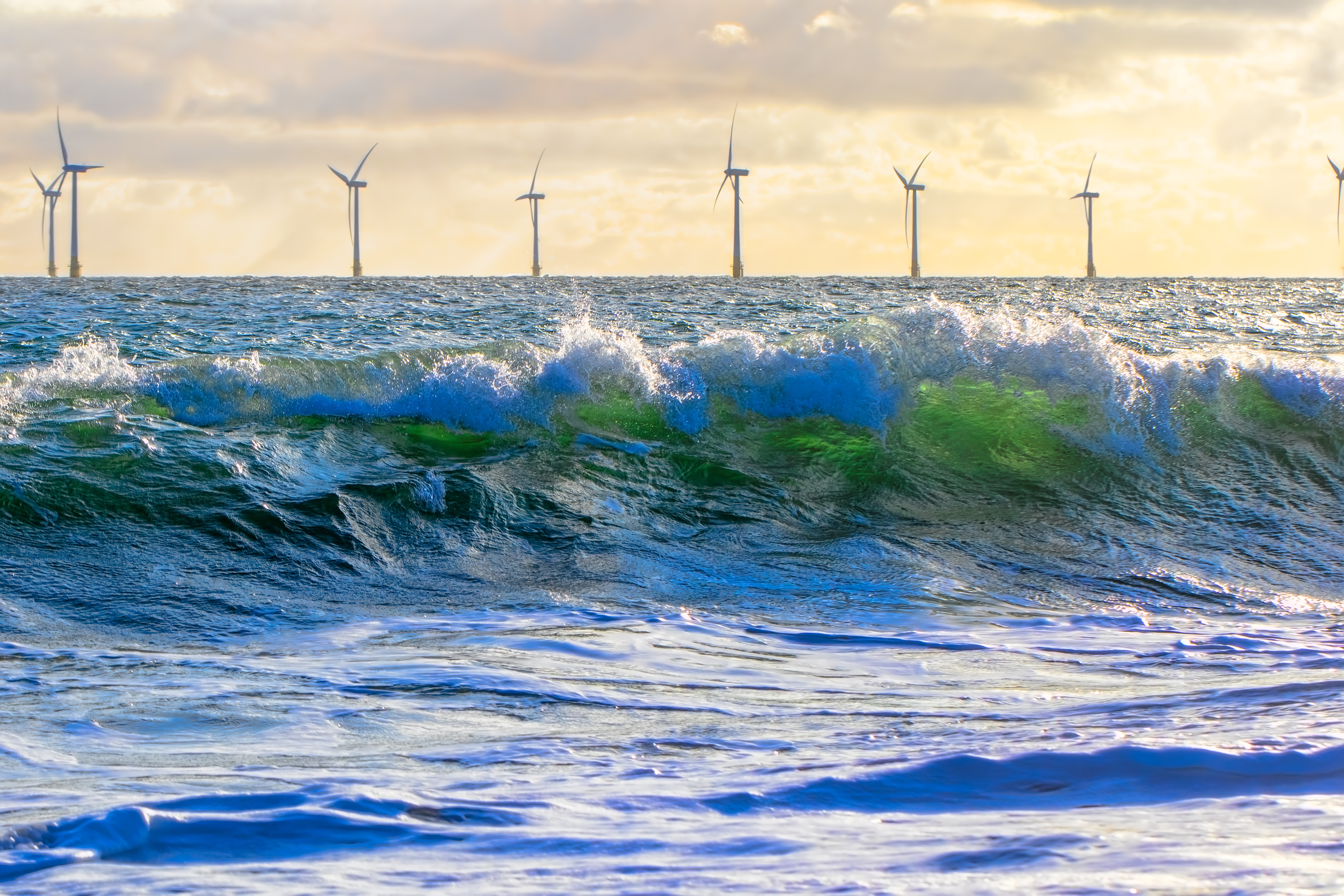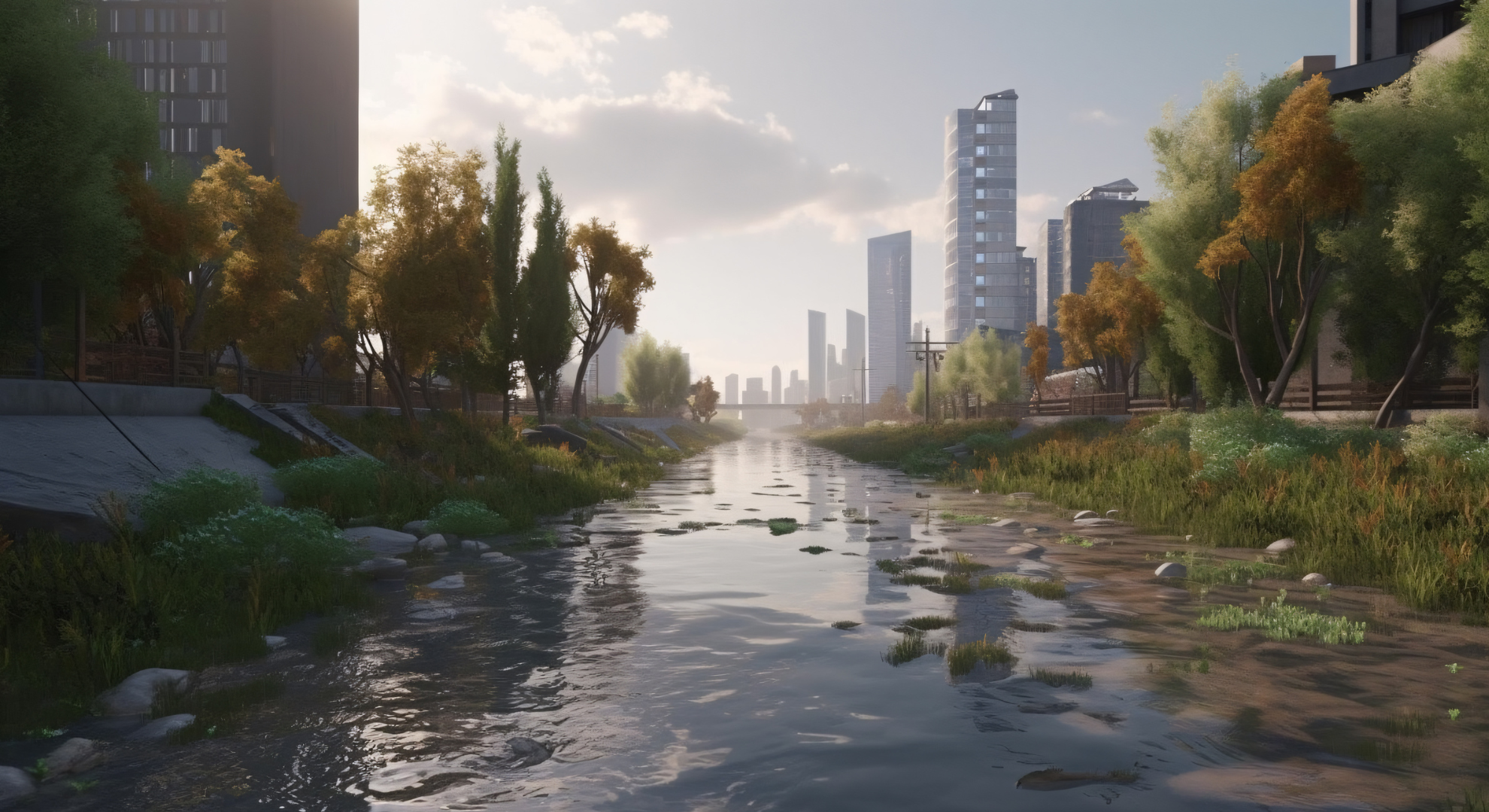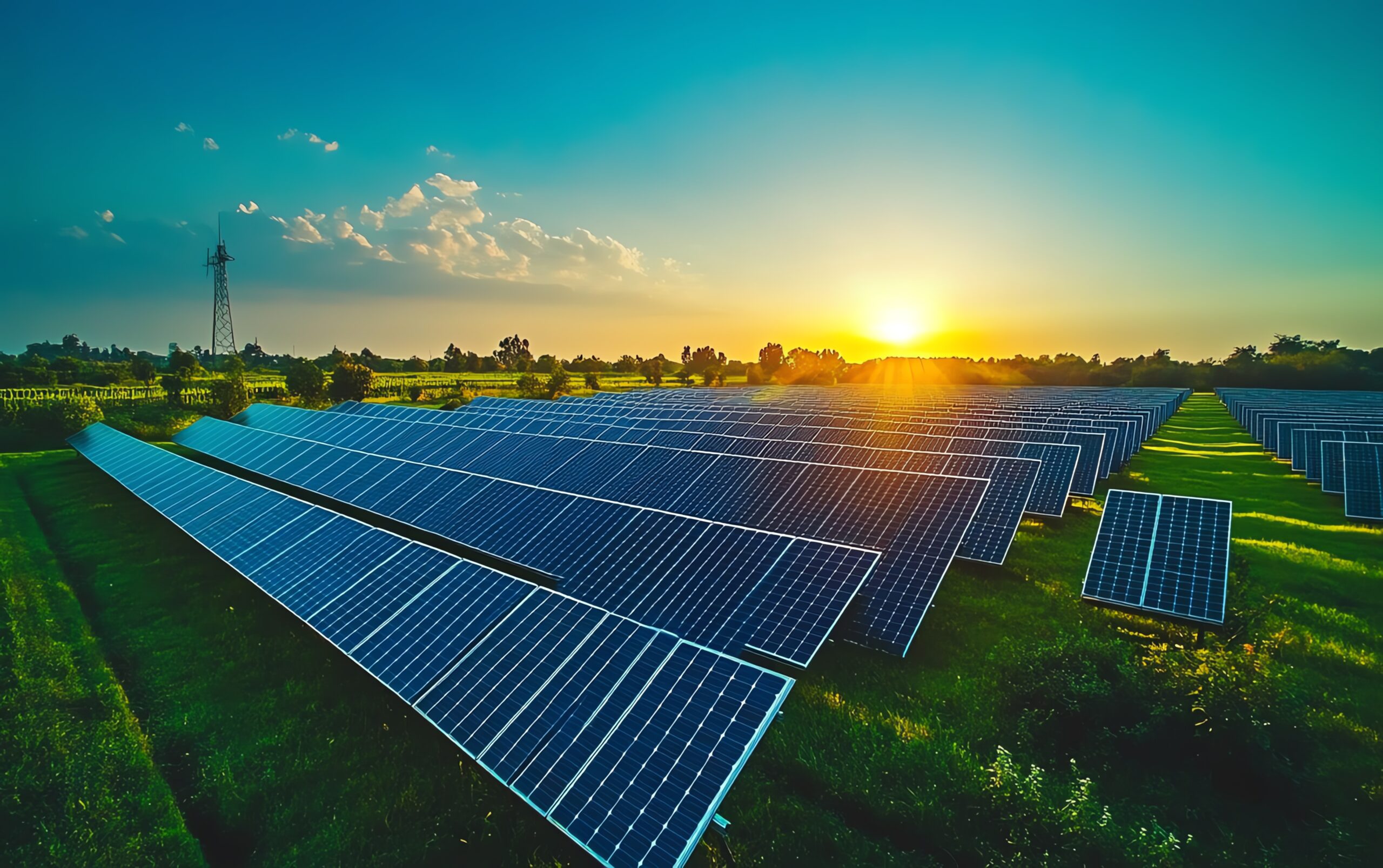The Blue Economy and ClimaTech
The blue economy encompasses industries like shipping, fisheries, tourism, and renewable energy, offering a transformative opportunity to address climate challenges while fostering economic growth. By integrating innovation and climate technology, the blue economy is becoming a critical arena for creating sustainable solutions.
Check the different key sectors where opportunities for action span that you might see emerging at our ClimaTech 2025 edition, each with immense potential to benefit people, nature, and climate.
- Marine Conservation and Restoration
Nature-based solutions are pivotal to preserving and restoring marine ecosystems. Expanding mangroves, tidal marshes, and seagrass beds can unlock extensive benefits by storing carbon, protecting coastlines, and supporting biodiversity. These ecosystems are natural carbon sinks, absorbing greenhouse gases while preventing habitat degradation and the release of stored emissions. Conservation not only mitigates climate change but also strengthens the resilience of coastal communities against rising sea levels and extreme weather.
- Renewable Energy
Scaling ocean-based renewable energy is essential to decarbonizing the global energy system. Offshore wind power leads the way, with advancements driving efficiency and affordability. Meanwhile, tidal energy and floating solar systems are gaining traction, representing innovative solutions to meet energy demands sustainably. Continued investment in research and development is critical to bring these technologies to commercial scale, unlocking vast renewable energy potential from our oceans.
- Ocean-Based Transport and Tourism
Decarbonizing freight shipping and other ocean-based transport systems is a key climate goal. This involves increasing operational efficiencies, investing in zero-emission fuel technology, and building supporting infrastructure. Cleaner, more efficient transport systems not only reduce greenhouse gas emissions but also minimize pollutants harmful to marine ecosystems and human health. Simultaneously, the tourism sector also needs to advance in vessel design that can lower energy consumption and reduce harmful pollutants such as sulfur oxides and particulate carbon.
- Food System
Low-carbon protein sources from oceans, such as aquaculture and algae, are critical to reducing emissions from global diets. Sustainable fisheries and aquaculture can replenish wild fish stocks and promote healthier, climate-friendly food systems. Dietary shifts towards ocean-based protein can significantly cut emissions and alleviate pressure on terrestrial ecosystems.
- Offshore Oil and Gas
Reducing offshore oil and gas extraction is essential to meeting global climate commitments. A demand-led phase-down, beginning with the least efficient and highest-emission operations, must accompany efforts to stop expansion. Transition plans should prioritize low-carbon alternatives, ensuring economic resilience for affected communities and industries.
- Marine Carbon Dioxide Removal and Carbon Capture
Emerging technologies in marine carbon dioxide removal (mCDR) and carbon capture and storage (CCS) below the seabed represent long-term solutions to carbon sequestration. While these technologies are not yet fully mature, ongoing research, technological development, and robust environmental safeguards are essential to realize their potential. Policymakers must establish governance frameworks to ensure sustainable deployment.
The Path Forward
By addressing these areas, the blue economy can become a cornerstone of global climate action. Integrating ClimaTech innovations into these sectors enhances their potential to combat climate change, protect marine ecosystems, and drive economic growth. Collaboration among governments, private sector stakeholders, and research institutions is critical to advancing sustainable practices and ensuring the health of our oceans for future generations. At ClimaTech, participants have the opportunity to advance this agenda, network and do business with investors, engage with public policymakers and other key players in the innovation space. With the right investments and strategic planning, the blue economy holds the promise of a resilient and thriving planet.
.








